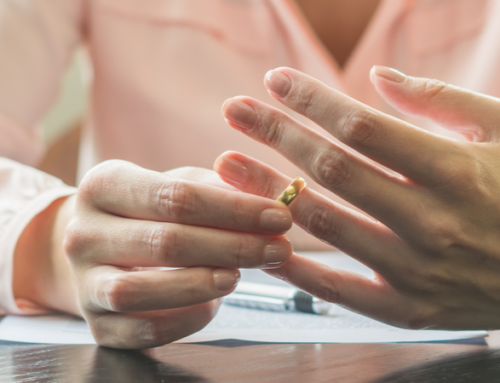Q: I have a home equity loan instead of a home equity line of credit. I pay interest monthly on this loan. It is not a fixed rate.
I bought my house for $160,000 and now it is worth $210,000, but I have an equity loan of $20,000.
If I sell, how do I figure out the profit. Will I make $30,000 instead of $50,000 because I have to pay this loan? Each time I receive my bill, the amount I borrowed never changes.
A: The way you figure out your profit is to take the sales price and subtract the costs of sale (commission, transfer taxes, title, etc.) and the costs of purchase.
The most important thing to know is that your loans do not factor in to what your profit will be, they only affect how much money you get from the sale. You could have a huge profit on the sale of a home but receive no money when you sell it. If you bought a home for little money and took out huge loans against it and spent the money, you would have a huge profit on the sale but no money to show for it. In your case, If your home sells for $210,000 and you pay a 5 percent commission, you’d subtract $10,500 from $210,000 to get $199,500. If the costs of sale are another $2,000, you’d wind up at $197,500.
You have one home equity loan for $20,000, which brings you down to $177,500. Then, you’d have to subtract your primary loan, which I’m guessing is now about $150,000, leaving you with $27,700. From that number, you’d have to subtract any costs of purchase.
The great news for homeowners is that if you’re living in your home as your primary residence, and you have lived there for two of the past five years, you can sell your home and keep any profit you earn tax-free up to $250,000 if you’re single and up to $500,000 if you’re married. In your situation, if this is your primary home and you qualify for the tax benefit, you would keep all the money from the sale free of any federal income tax.
Hope this helps.
Posted: Jan. 2, 2006.


Leave A Comment